The 1970s was a golden era for board games. It introduced a multitude of iconic games that continue to captivate players even today. These games not only provide entertainment but also foster family bonding and creativity.
In this blog post, we’ll explore thirteen timeless board games from this vibrant decade that remain popular in family game nights across the world. Perfect for both nostalgic players and newcomers alike, these games offer a delightful blend of strategy, luck, and fun.
Let’s dive into the past and rediscover these classic gems that have stood the test of time.
Connect Four
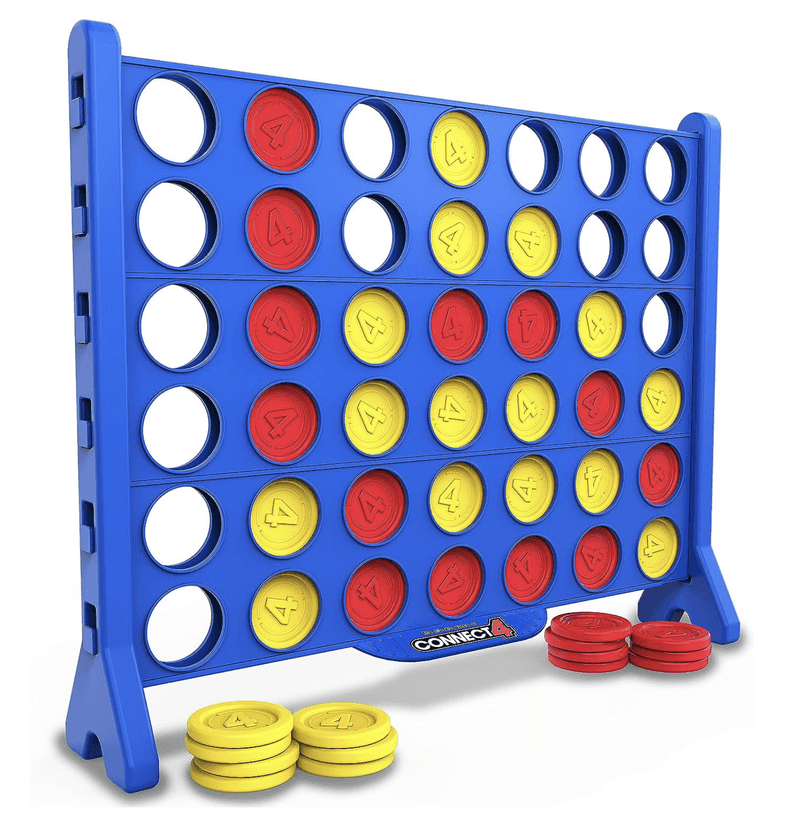
Connect Four is a simple yet engaging game that challenges players to connect four discs in a row on a vertical grid. First released in 1974, this game quickly became a household favorite. Its appeal lies in the strategic planning required to outmaneuver opponents while anticipating their moves.
The rules are easy to grasp, making it accessible for players of all ages. Over the years, Connect Four has not only entertained families but also helped develop critical thinking skills. The thrill of victory and the fun of the chase make it a timeless classic that never fails to entertain.
Mastermind
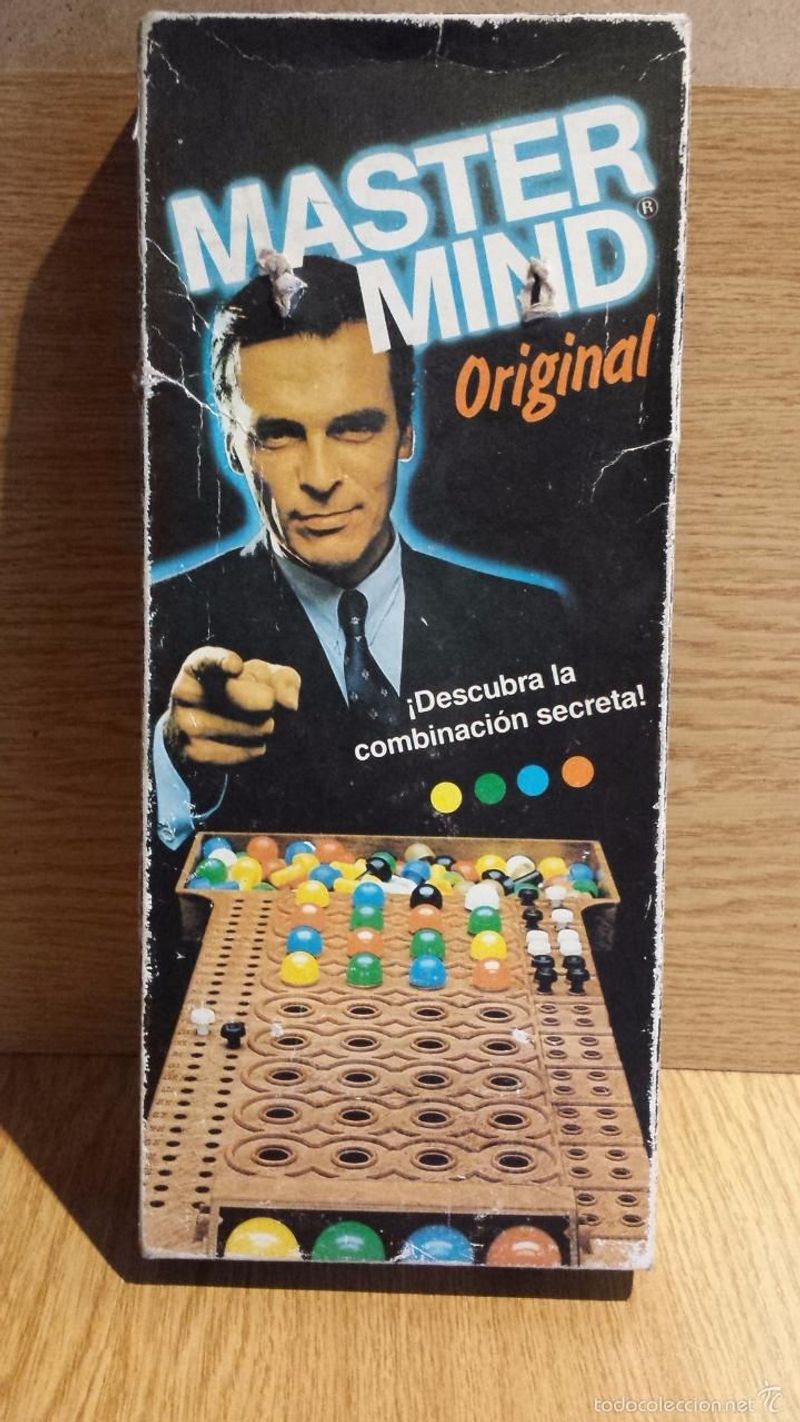
Mastermind is a code-breaking game that tests players’ deductive reasoning skills. Launched in 1971, it involves one player creating a secret code while the opponent attempts to guess it using colored pegs. With each guess, clues are provided to guide players towards cracking the code.
The game demands logical thinking and patience, offering a thrilling mental challenge. Mastermind not only sharpened intelligence but also became a staple in educational settings. Its elegant design and engaging gameplay make it a favorite among puzzle enthusiasts. The satisfaction of deciphering the code keeps players coming back for more.
The Game of Life
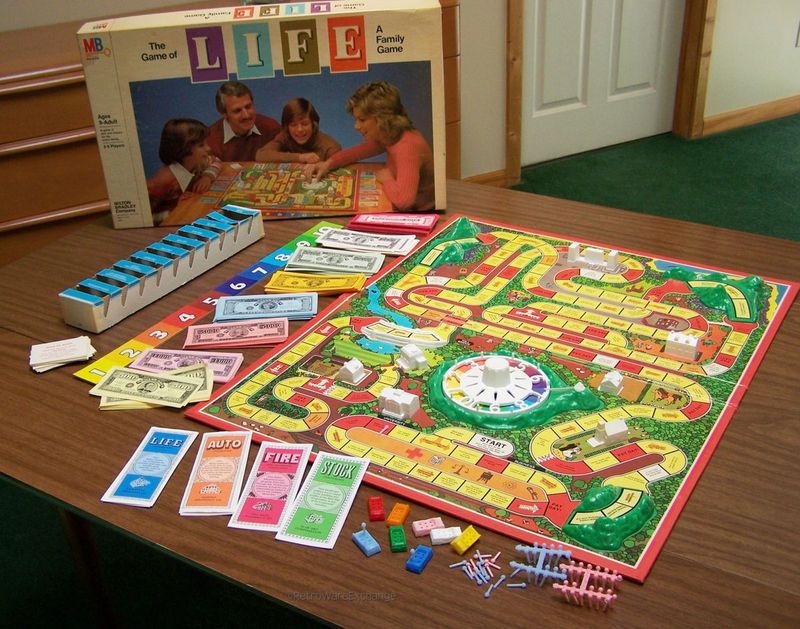
The Game of Life, first introduced in the 70s, simulates a person’s journey from college to retirement. Players navigate through life’s milestones, such as marriage and career choices, using tiny cars on a vibrant board.
The game combines chance and decision-making, teaching players about the unpredictability of life. Its charming design and relatable scenarios have made it a beloved classic for generations. The Game of Life not only provides entertainment but also sparks conversations about real-life experiences. Its enduring popularity testifies to its ability to capture the essence of life’s journey in a fun and engaging way.
Pay Day
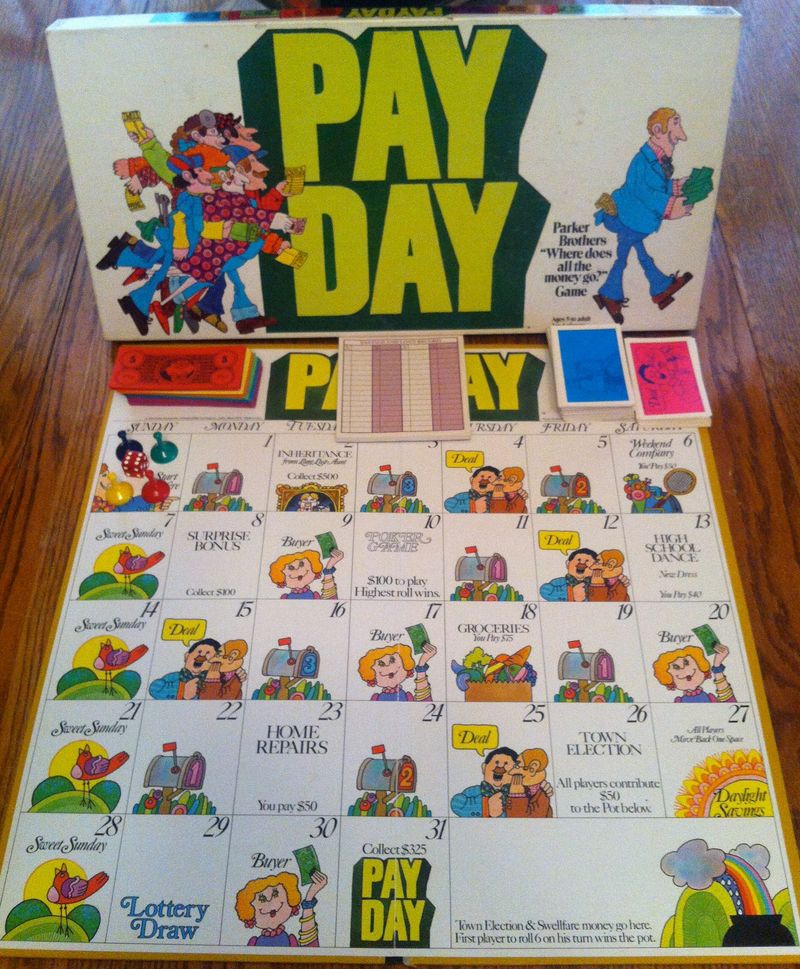
Pay Day, released in 1975, introduces players to the world of finance and budgeting. Set over a calendar month, players earn money, pay bills, and manage expenses. The game offers a playful yet insightful glimpse into financial literacy, making it educational and entertaining. Its monthly cycle creates anticipation as players strategize to maximize earnings and savings.
With its mix of luck and planning, Pay Day encourages players to think critically about financial decisions. The game remains a popular choice for families, providing valuable lessons in a fun setting. It’s a game where financial acumen meets entertainment.
Dungeons & Dragons
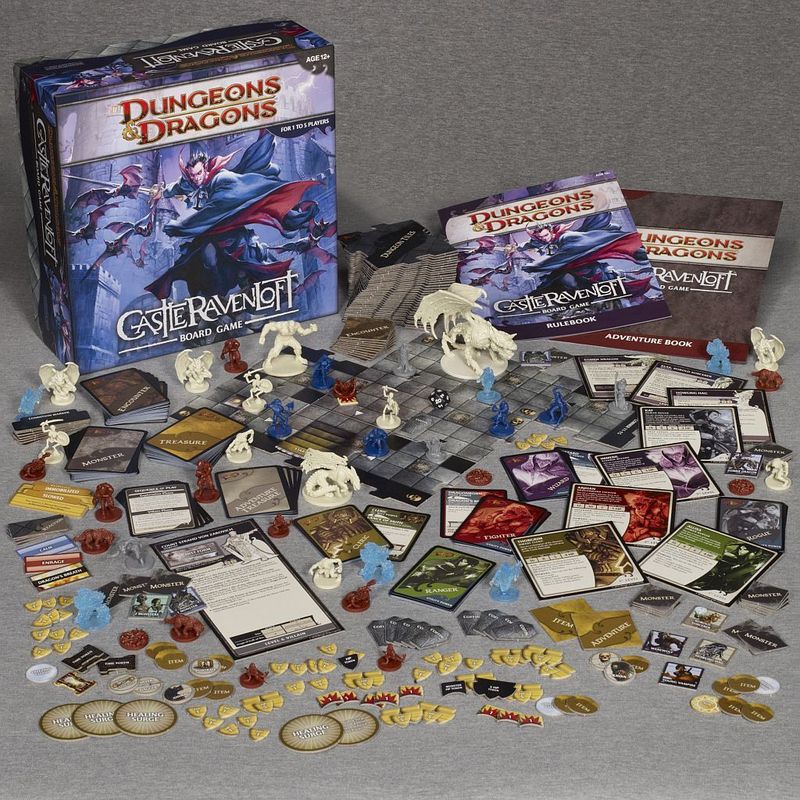
Dungeons & Dragons, a revolutionary game from 1974, introduced players to the world of role-playing. Unlike traditional board games, it offered an immersive experience where imagination set the limits. Players create characters and embark on epic quests, guided by a Dungeon Master. The game encourages creativity, teamwork, and strategic thinking.
Over the years, Dungeons & Dragons has evolved, becoming a cultural phenomenon. Its ability to foster storytelling and collaboration remains unmatched. It offers endless adventures, making it a favorite among fantasy enthusiasts. The game’s legacy lives on, inspiring countless spin-offs and adaptations.
Twister
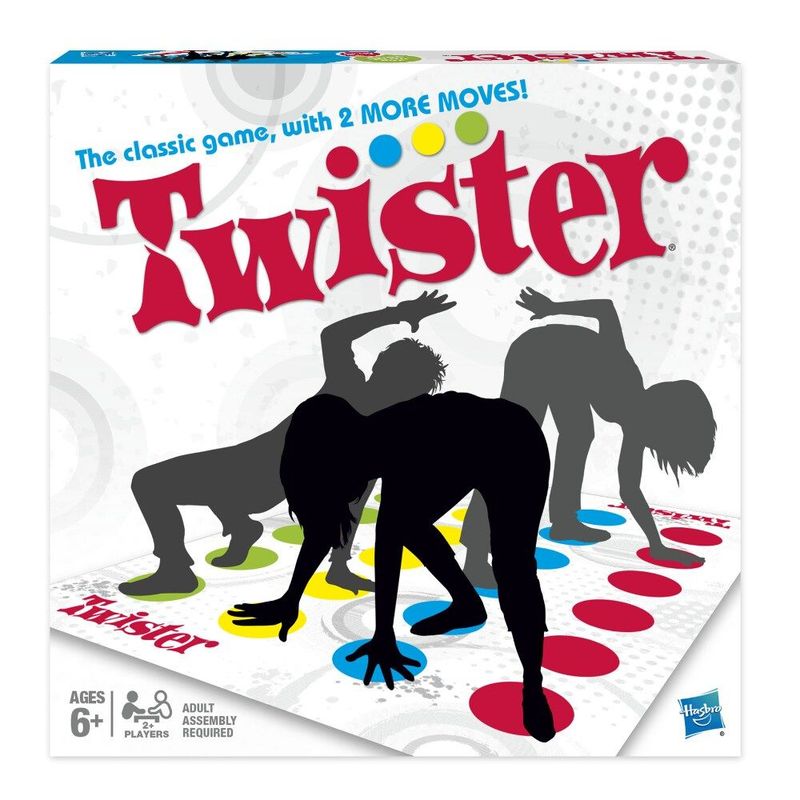
Twister, though invented in the 60s, surged in popularity during the 70s. Known for its colorful mat and physical gameplay, it challenges players to place hands and feet on designated circles without falling. Twister is more than just a game; it’s a test of flexibility and balance, often leading to laughter. It became a staple at parties, bridging the gap between board and physical games.
The game promotes social interaction, making it a favorite among friends and families. Its unique blend of fun and physicality ensures its place as a beloved classic, perfect for any gathering.
Risk
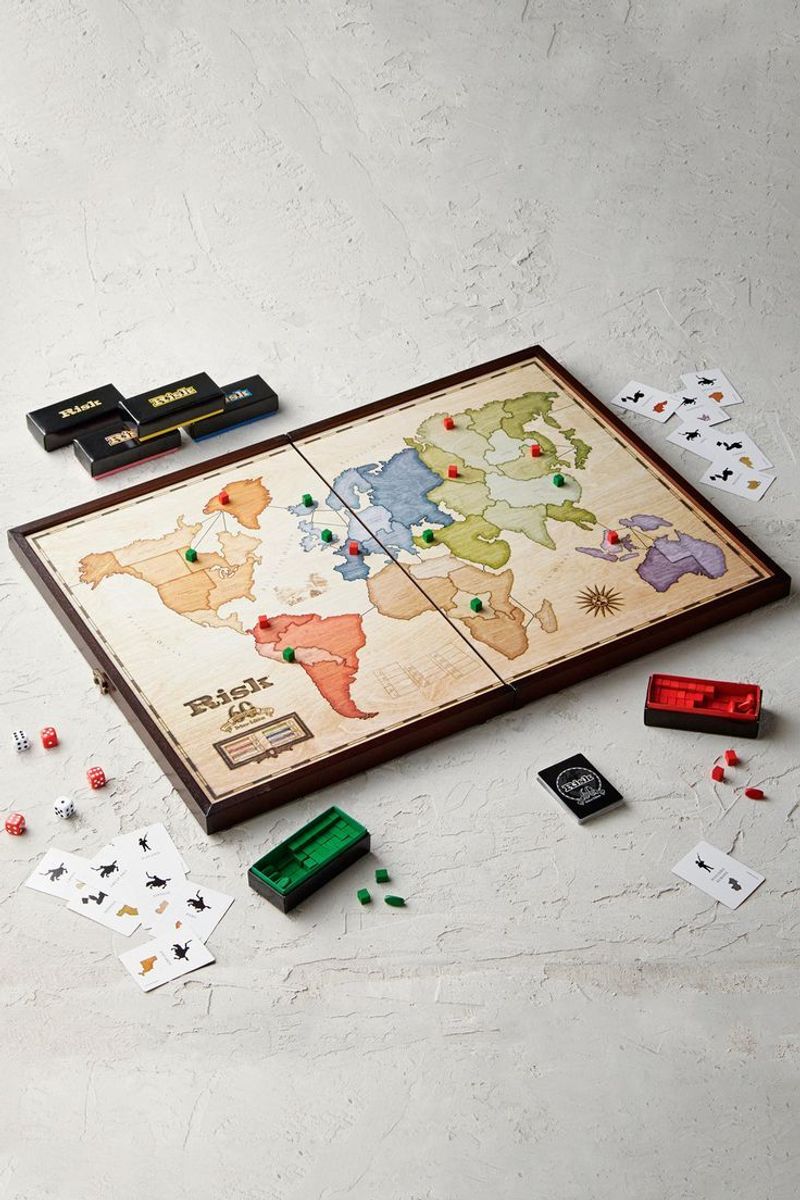
Risk, a game of global domination, captivated players with its strategic depth. Players command armies, conquering territories on a world map. Introduced in 1959, its popularity soared in the 70s, challenging players to outwit opponents. Risk combines luck and strategy, with dice determining battles and players formulating plans to expand empires.
Its complex gameplay fosters critical thinking and negotiation skills, making it a hit among strategy enthusiasts. The satisfaction of building an empire and the thrill of conquest keep players engaged. Risk’s enduring legacy is a testament to its captivating blend of strategy and chance.
Battleship

Battleship, a game of naval warfare, pits players against each other in a battle of wits. Players secretly arrange ships on a grid and take turns guessing the location of their opponent’s ships. The game, which gained immense popularity in the 70s, requires strategic thinking and foresight. Each hit and miss brings players closer to victory, creating an atmosphere of suspense.
Battleship is not only entertaining but also enhances spatial reasoning and memory. Its simple yet engaging mechanics ensure its place as a favorite in households. The thrill of sinking ships continues to captivate players of all ages.
Monopoly
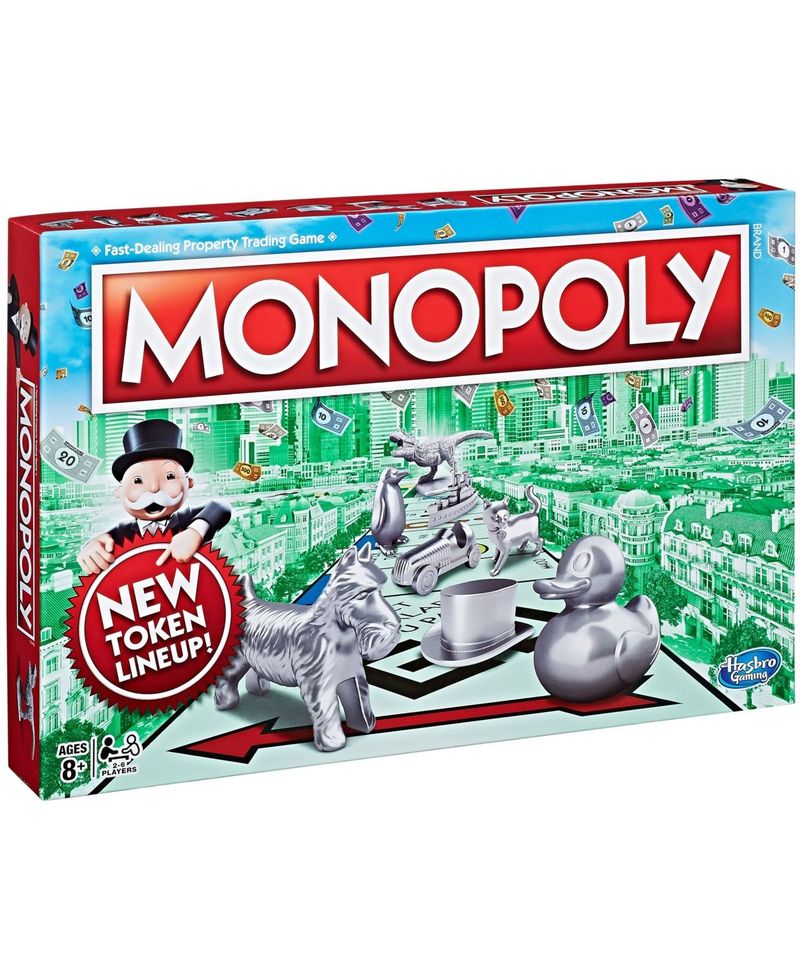
Monopoly, the iconic real estate trading game, saw a resurgence in the 70s. Players navigate a board, buying and trading properties, aiming to bankrupt opponents. Its blend of luck and strategy, combined with its cutthroat competition, makes Monopoly an enduring classic.
The game teaches players about financial management and negotiation, skills applicable in real life. Despite its potential for conflict, it fosters family bonding and friendly rivalry. The excitement of building an empire and the risk of financial ruin create an engaging experience. Monopoly’s timeless appeal ensures it remains a staple in family game collections.
Clue
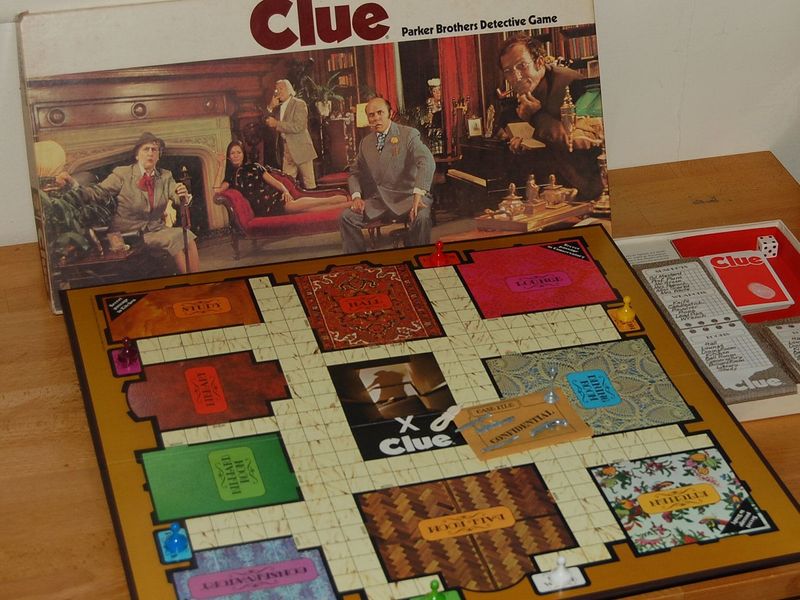
Clue, the classic murder mystery game, invites players to solve a whodunit by deducing the murderer, weapon, and location. First launched in 1949, its popularity peaked in the 70s, captivating amateur detectives. Players move around a mansion, gathering clues and making accusations.
The game enhances deductive reasoning and strategic thinking, offering a thrilling cerebral challenge. Clue’s rich narrative and immersive gameplay keep players engaged. Its characters and scenarios have become cultural icons, inspiring adaptations in various media. The excitement of solving the mystery ensures its place as a beloved classic, perfect for sleuths of all ages.
Stratego
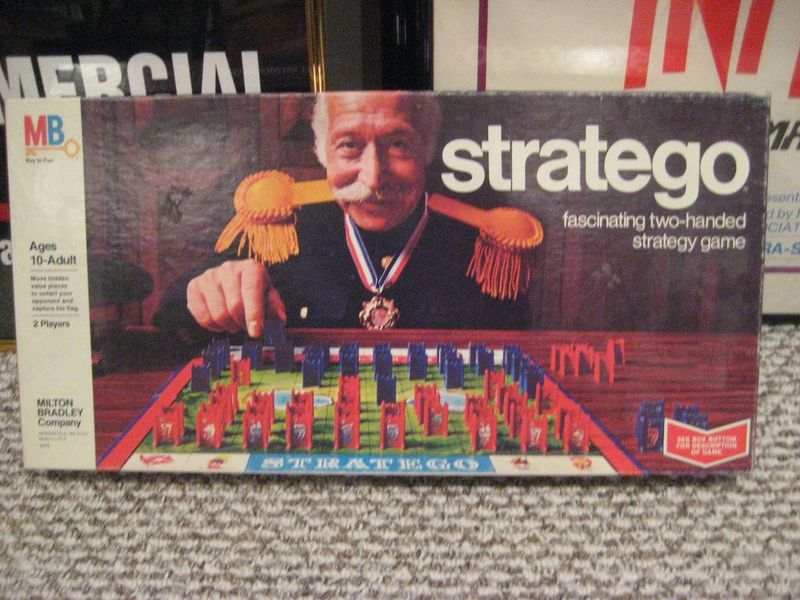
Stratego challenges players in a battle of wits, where deception and strategy rule. Originating in 1946, it gained popularity in the 70s. Players command armies, aiming to capture the opponent’s flag while protecting their own. The game combines elements of chess and bluffing, offering a unique strategic challenge.
Stratego hones critical thinking and tactical planning, rewarding clever maneuvers. Its simplicity and depth make it accessible yet challenging. The thrill of outsmarting an opponent and the satisfaction of a well-executed plan keep players returning. Stratego’s enduring appeal lies in its blend of strategy and deception.
Sorry!
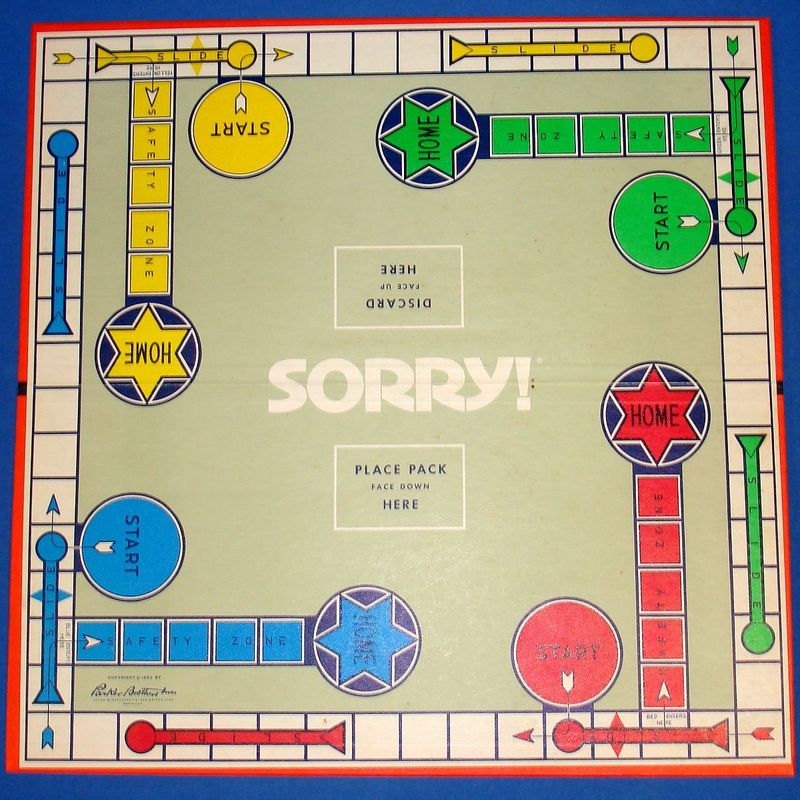
Sorry! is a game of chance and strategy, where players race to get all their pieces home. Originating from Pachisi, it became a favorite in the 70s. Players draw cards to move pieces, with the aim of sending opponents back to start.
The game mixes luck and planning, creating moments of tension and excitement. Its simple rules and fast-paced gameplay make it ideal for all ages. Sorry! fosters competitiveness and laughter, making it perfect for family gatherings. Its charm lies in the unpredictability and the joy of exclaiming, “Sorry!” as opponents are sent back.
Othello
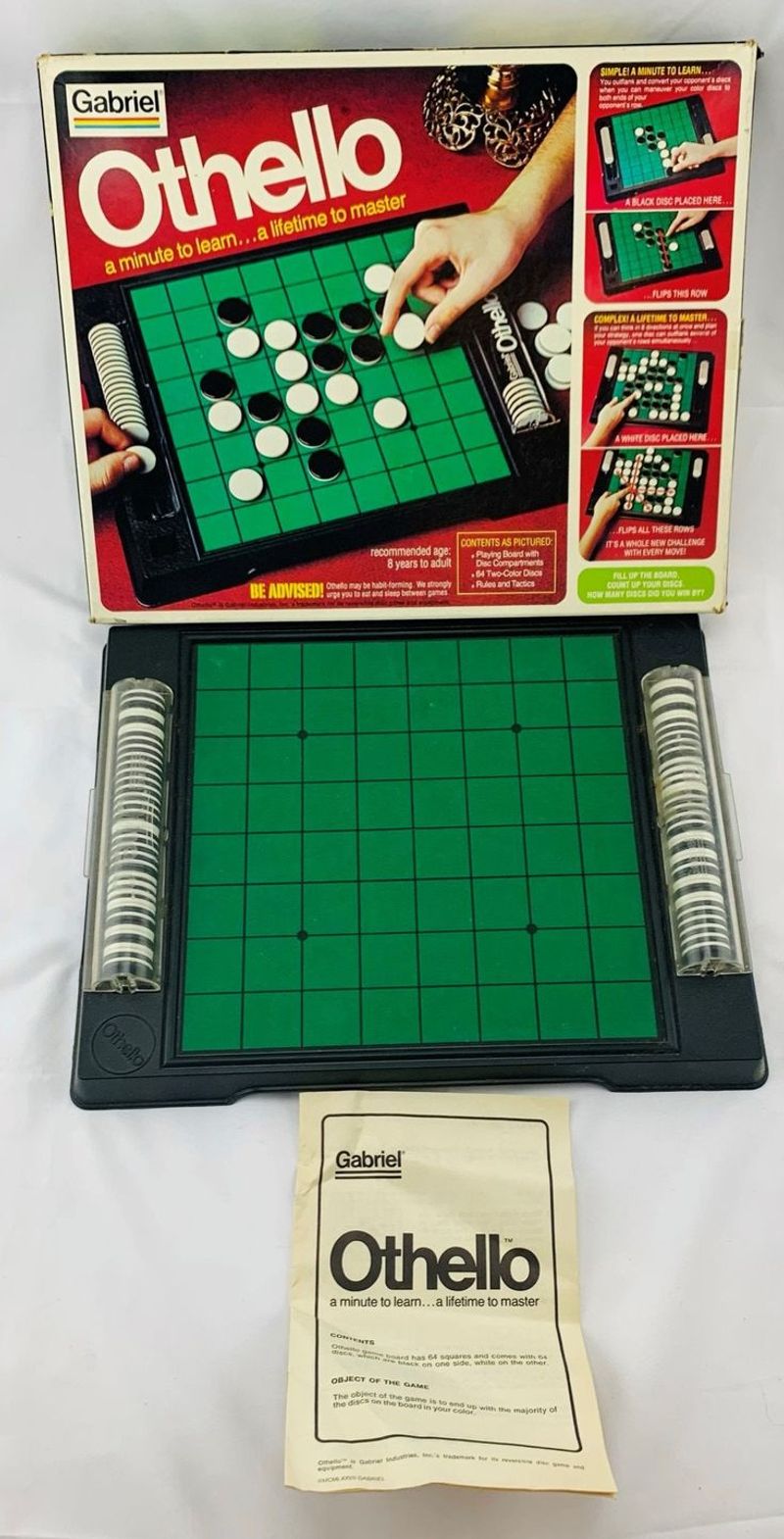
Othello, also known as Reversi, gained widespread popularity in the 70s. It’s a game of strategy where players flip discs to dominate the board. The objective is to have the majority of discs in your color by game end. Othello’s appeal lies in its simplicity combined with strategic depth.
Each move requires foresight, as the board shifts with each flip. The game’s minimalist design and engaging mechanics attract players seeking a cerebral challenge. Othello is both simple to learn and difficult to master, making it a favorite for strategy enthusiasts. The battle for dominance ensures captivating gameplay.
